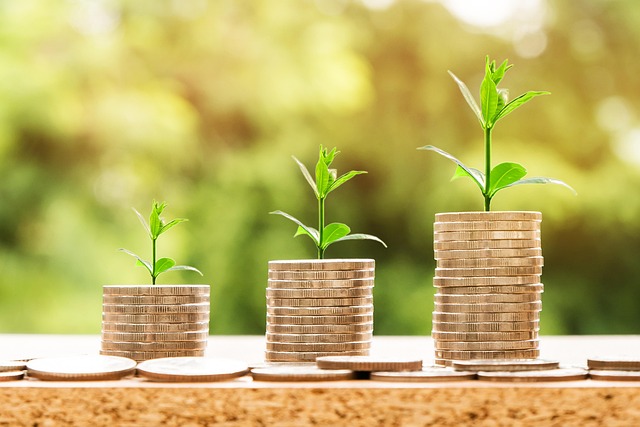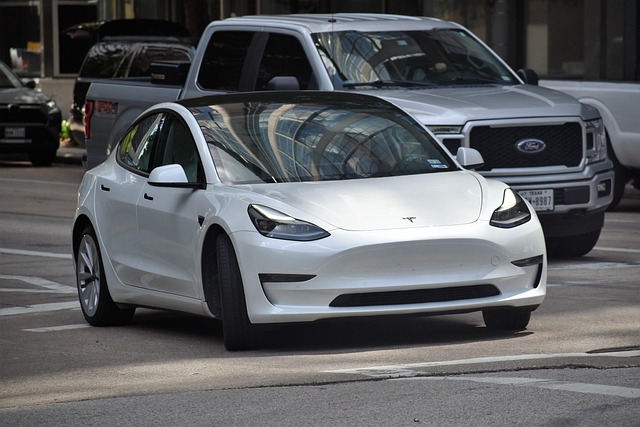Efficiency and Economic Sustainability: A Green Approach to Sustainable Development
In a world increasingly driven by the urgent need to combat climate change, economic sustainability has become more than just a buzzword; it’s a crucial blueprint for future development. It plays a pivotal role in ensuring that our economy thrives without compromising the delicate balance of our planet’s ecosystems. But how do we align economic practices with environmental stewardship? The answer lies in adopting a green approach to sustainable development.
Sustainable Development: The Intersection of Economy and Environment
Sustainable development is not just about preserving our resources but also about creating a framework where economic growth does not come at the expense of ecological health. It is about curbing our ecological footprint— the impact human activities have on the environment— by promoting practices that are both efficient and sustainable. This means adopting methodologies that conserve resources, reduce waste, and lower carbon emissions, ultimately leading to a more sustainable economic model.
Green Technologies: The Backbone of Economic Sustainability
Green technologies are at the heart of transforming our current economic systems into more sustainable models. By leveraging advancements in renewable energy, recycling, and energy efficiency, we can significantly reduce the negative environmental impact associated with traditional industrial processes. These technologies enable businesses to operate more efficiently, cut costs, and create new economic opportunities while minimizing their ecological footprint.
For instance, solar and wind energy not only provide a sustainable energy source but also stimulate job creation and innovation. By investing in and adopting these technologies, businesses can achieve a balance between economic growth and sustainability.
Towards a Carbon Neutral Future
A key component of achieving economic sustainability is striving towards a carbon-neutral future. This means reducing carbon emissions to the lowest levels possible, while offsetting any unavoidable emissions through various means such as carbon credits or reforestation projects. Adopting such measures ensures that we are actively contributing to a cleaner, more resilient planet.
Companies across the globe are now recognizing the long-term benefits of carbon neutrality, not just in ecological terms but also in enhancing their brand reputation and meeting growing consumer demands for sustainable products. This shift is not only essential for preserving our environment but also presents an opportunity for economic innovation and new business models that prioritize sustainability.
The Economic Sustainability Paradigm
Ultimately, the journey towards economic sustainability is about redefining success in a way that aligns with our environmental goals. It challenges us to think creatively about how we produce, consume, and recycle resources. With a commitment to sustainable development, we can transition to a more efficient economy that values long-term ecological health and prosperity.
This approach invites us to reflect deeply on our current practices and consider the broader impact of our economic activities. As we embrace a green approach to sustainable development, we are not only safeguarding our planet for future generations but actively participating in a movement that fosters innovation, resilience, and efficiency.




